Why does American politics feel so stuck these days, with bipartisan bills vanishingly rare and solutions seemingly taking a back seat to constant attacks?
Our newly published research suggests an answer — and maybe a way to get un-stuck.
Most policies are rife with trade-offs. They have an intended outcome and some regrettable side-effects. Our recent studies suggest that political polarization in the United States runs so deep that it leads partisans to see the other side’s intended outcome as a ruse and the side effects as the real intention. In other words, Democrats and Republicans not only disagree about policy matters; they believe the other party’s agenda is intentionally designed to do harm.
We call this tendency the partisan trade-off bias, and it applies to both parties. To a Democrat, the purpose of an environmental policy that reduces carbon emissions, for example, is to preserve the environment, and a corresponding loss of coal mining jobs is an unfortunate side effect. But a Republican, our research finds, might look at that same policy and see a plot to eradicate jobs in the fossil fuels industry. Meanwhile, a Democrat might presume a Republican push to lower corporate tax rates is more about helping the wealthy and hurting the poor than fueling economic growth.
Of course, skepticism about motives is sometimes warranted. But, oftentimes, it is misguided, and the deeper it runs, the harder it is to get anything through the policymaking process. Unless politicians find a way to lessen the effects of the partisan trade-off bias, we’re likely to keep seeing stalemates on important policy issues.
We documented the partisan trade-off bias across five studies using online samples of a total of 1,236 participants, a mix of Republicans and Democrats. As an example, in one of our studies participants were randomly assigned to view a set of policy trade-offs, some proposed by Republicans and some proposed by Democrats. The policies dealt with taxes, environmental regulation, gun control and voting rights. Participants then rated how intentional they perceived the negative side effects of each policy to be. The more participants identified with the Republican Party, the more intentional they perceived the side effects of the Democratic-proposed policies to be, and the more participants identified with the Democratic Party, the more intentional they perceived the side effects of Republican-proposed policies to be.

